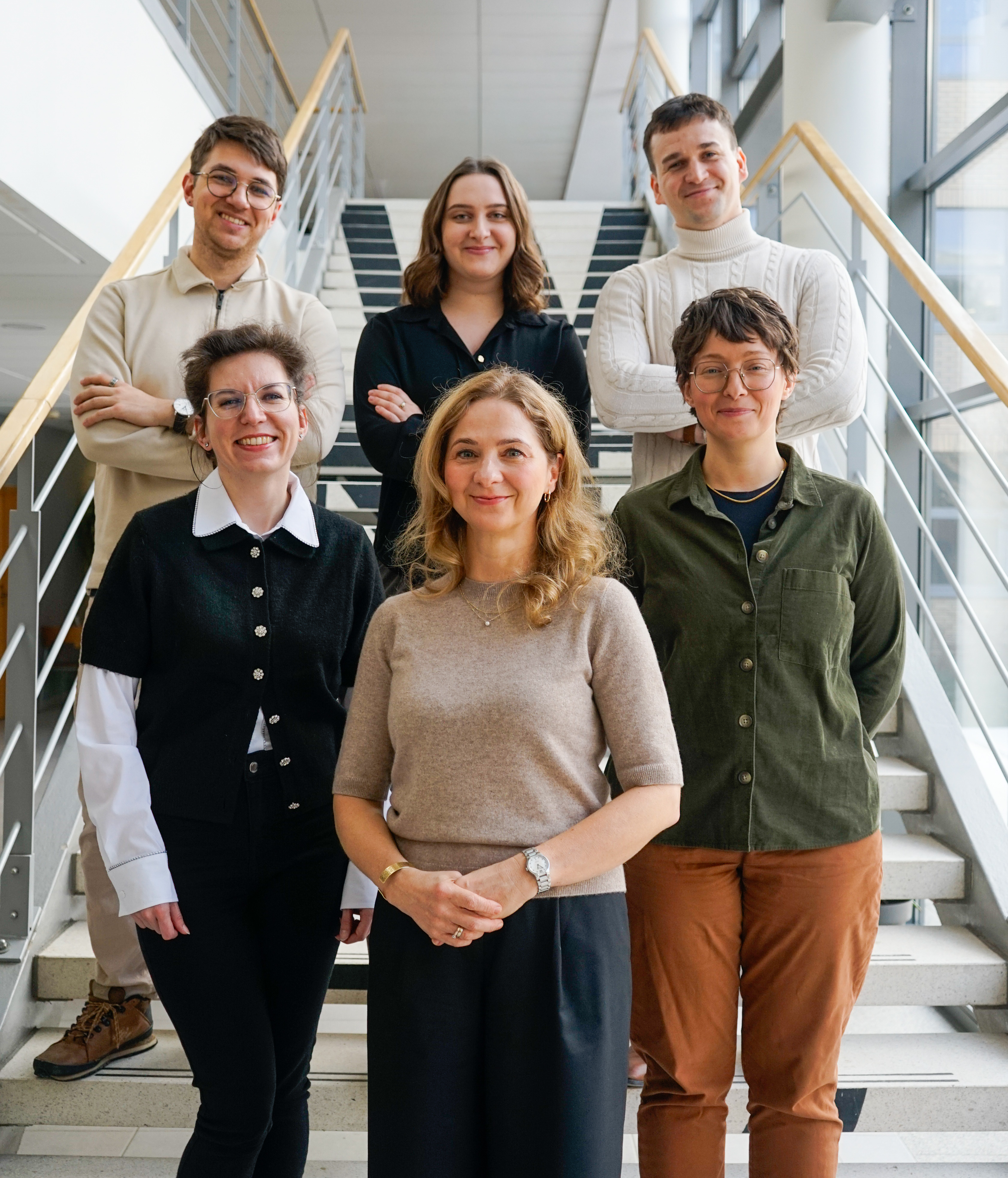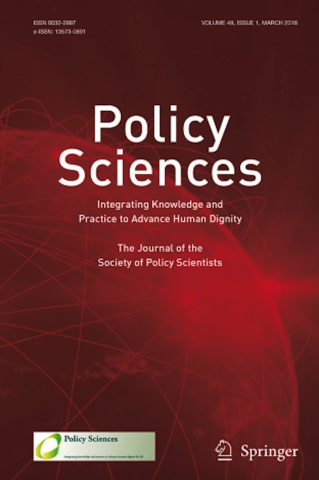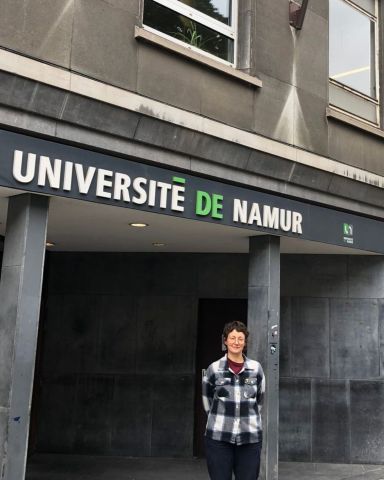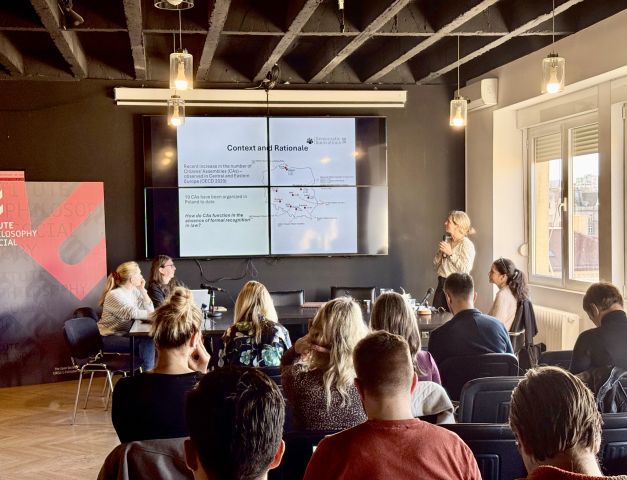Democratic Innovations

Societies evolve, and so should democracy. The future of democracy involves blending different democratic methods: representative, participatory and deliberative practices.
Welcome to the website of the Democratic Innovations research group at Adam Mickiewicz University, led by Prof. Paulina Pospieszna. We are a group of researchers exploring new and creative ways to do democracy, using different theories and methods. We share our knowledge about democratic innovations by working closely with other scholars both domestically and internationally, experts, practitioners—especially those from NGOs and local government. We offer help and advice to people who are working on making democracy better.
Democracy is always changing, with different people, ways of doing things, and organizations. Right now, representative democracy is facing some challenges and more and more people want new ways to be involved in politics. Our goal is to understand, compare, and figure out how to make democracy better during these changes.
Geographically, we focus on Central and Eastern Europe. However, we also focus on other post-communist countries, especially those where democracy is still not fully established as we also aim to understand whether, in promoting democracy, it is feasible to also promote deliberative and participatory practices when constituting representative democracy.
Funded projects implemented by the research team:
- Deliberative Innovations in Central and Eastern Europe – a panacea for democracy in crisis? (DelibDemCEE) 2021/42/E/HS5/00155, Sonata Bis, Narodowe Centrum Nauki
- Integrating Public Deliberation for Impact: Learning from the European Wave of Citizens’ Assemblies (i4i) 2023/05/Y/HS5/00027, Weave Unisono, Narodowe Centrum Nauki
Publications:
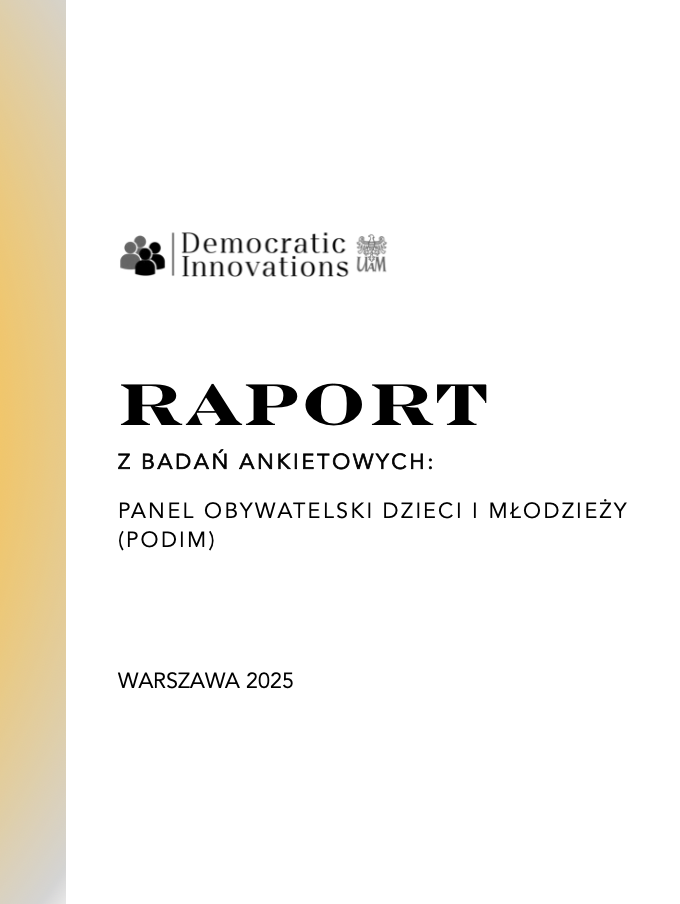 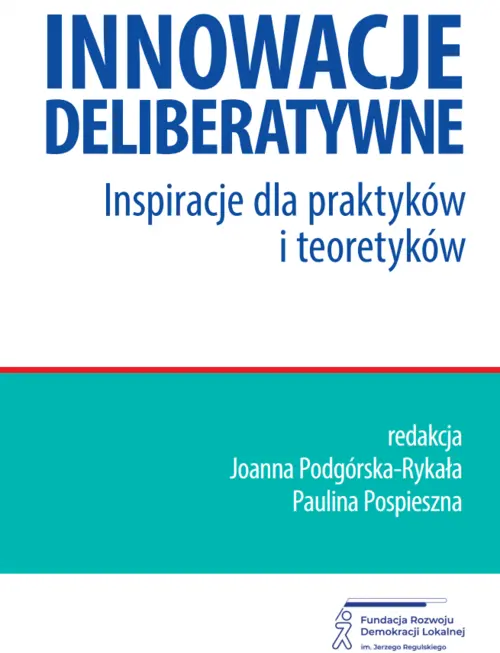 |
|---|
Podcast featuring Prof. Paulina Pospieszna
Panel featuring Prof. Paulina Pospieszna
Panel featuring MA Magni Szymaniak-Arnesen
ValEUs Civil Society Debates: Strengthening Democracy in Central and Eastern Europe
Staff
Associate Professor of Political SciencePaulina Pospieszna

She obtained her Ph.D. in Political Science from the University of Alabama in 2010 and later served as a post-doctoral fellow at the University of Konstanz and the University of Mannheim in Germany. Her research spans democracy promotion, democratic innovations, deliberative democracy instruments, democratization, democracy backsliding, civil society, advocacy groups, NGOs, and civic participation, with a specific focus on youth activism. Additionally, she explores foreign policy tools such as aid and sanctions. Geographically centered on Central and Eastern Europe, her research employs a blend of quantitative and qualitative methodologies.
Her publication record includes articles mainly in international journals and two authored books. She actively participates in research projects and has led four funded by the National Science Center (NCN). Being in academia, she draws enthusiasm from conducting research, fostering interactions with practitioners (esp.NGOs), and engaging students. For more information, see http://paulinapospieszna.pl
dr hab.Joanna Podórska-Rykała
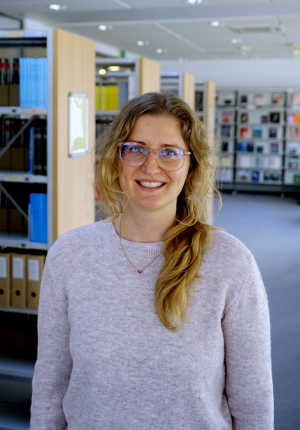
Joanna Podgórska-Rykała is a university professor at the University of the National Education Commission in Kraków, TRiSS Visiting Scholar at Trinity College Dublin, and Coordinator of the Research and Analysis Department at the Foundation for the Development of Local Democracy. Graduate of law (2019), political science (2011), and administration (2011), PhD in political sciences (2016), habilitated in political science and administration (2024). Fellow of the French Government Scholarship Program – SSHN at the Université Paris VIII Vincennes - Saint-Denis: Centre de recherches sociologiques et politiques de Paris (France, 2025); Jean Monnet Fellow at the European University Institute in Florence (Italy, 2022-2023) and the fellow at the University of Silesia in Opava (2020, Czech Republic). Awarded the Scholarship of the Polish Minister of Education and Science for Outstanding Young Scientists (2022-2025). She specializes in democratic innovation, deliberative democracy, public policy, and local government. She is the author, co-author, and editor of more than 130 publications, including the most recent Deliberative Democracy, Public Policy, and Local Government (2024, Routledge); Deliberative Innovation According to the Decision-Makers: A Clash between Perceptions and Reality (2025, Brill Publishers).
PhDMarta Hoffmann

PhD Jan Hruška

Jan Hruška is postdoc researcher and the newest member of the DelibDemCEE research team. He defended his PhD at Masaryk University, Czechia, in October 2024 with a dissertation focusing on the perceived role and legitimacy of upper chambers, including their potential to act as sources of democratic legitimacy. He has previously completed study and research stays at the University of Bologna and at UCL School of Slavonic and East European Studies, where he was awarded the Bracewell Scholarship.
His research interests include democratic resilience, institutional trust and legitimacy, upper chambers, and CEE politics. Within the DelibDemCEE project, his work focuses on barriers to the adoption of democratic and deliberative innovations, as well as on their effects on the legitimacy and trust of political institutions.
M.A.Weronika Kędzia

PhD student at AMU Doctoral School of Social Sciences, in the discipline of Political Science and Public Administration. Graduate of Adam Mickiewicz University in International Relations. Erasmus+ Exchange Student at Ghent University (2019/2020). Member of the Democratic Innovations research group at AMU.
In her dissertation, she studies citizens’ assemblies organized in multilingual and multi-ethnic settings in countries of Central and Eastern Europe. weronika.kedzia@amu.edu.pl
MAJakub Czajka

PhD student at the Doctoral School of Social Sciences in the field of political science and administration. Graduate of International Relations at the Faculty of Political Science and Journalism. His master's thesis focused on Polish foreign policy after the collapse of the Soviet Union. During his student activities, he dealt with the topic of civic participation using Oxford debate tools. In his doctoral thesis, he will focus on analyzing the impact of citizens' assemblies on public policy, democratic institutions, and political debate in Europe as part of the Weave Unisono Integrating Deliberation for Impact (i4i) grant.
MA (they/them)Magni Szymaniak-Arnesen

PhD student at Adam Mickiewicz University in the discipline of political science and administration. They defended their master's thesis in political science on the first climate panel in the United States at the University of Vienna. In 2019, Magni stayed in Berlin for the International Parliamentary Scholarship of the German Bundestag. They have so far observed the Washington Climate Assembly, the Polish nationwide citizens' assembly panel on energy costs, and four citizens' assemblies held in Polish cities. In their dissertation, Magni focuses on the processes of agenda- and scope-setting for deliberative minipublics and their consequences for public policy-making. Before deciding to continue their academic education in doctoral school, Magni was a civil servant, and later an activist.
Former Team Members
PhDEwa Zielińska

Assistant Professor (Post-doc) in the research team 'Democratic Innovations' at the Faculty of Political Science and Journalism of Adam Mickiewicz University in Poznań. She is interested in the institutional consequences of citizens' panels. She obtained her PhD with distinction from the University of Warsaw, where she studied alternative forms of collective space governance in Polish cities from 2008 to 2017. She holds a Master's degree from the Institute of Applied Social Sciences at the University of Warsaw and a Bachelor's degree from the Interdisciplinary Research Institute "Artes Liberales."
She has collaborated internationally on projects such as LIVEWHAT, funded by the 7th Framework Programme of the European Commission, where she participated in research on institutional and civic responses to economic crises in nine EU countries. She has conducted a number of research workshops and classes on ways to engage society in the regeneration of degraded areas with rich heritage, including the “Urban Acupuncture” project with Aalto University in Helsinki and “Regeneration of Cities on the Polish-Czech Border” with the Academy of Fine Arts in Katowice. She is a co-author of the curriculum for the socio-urban specialization at the University of Warsaw. As part of the Social Consultation Team of the Polish Sociological Association, she developed a handbook for conducting social consultations (2011), preceded by a series of systematic action research studies. She is the author and editor of monographs and reports dedicated to issues of social participation and intersectoral co-governance of space.
E-mail: ewa.zielinska@amu.edu.pl
